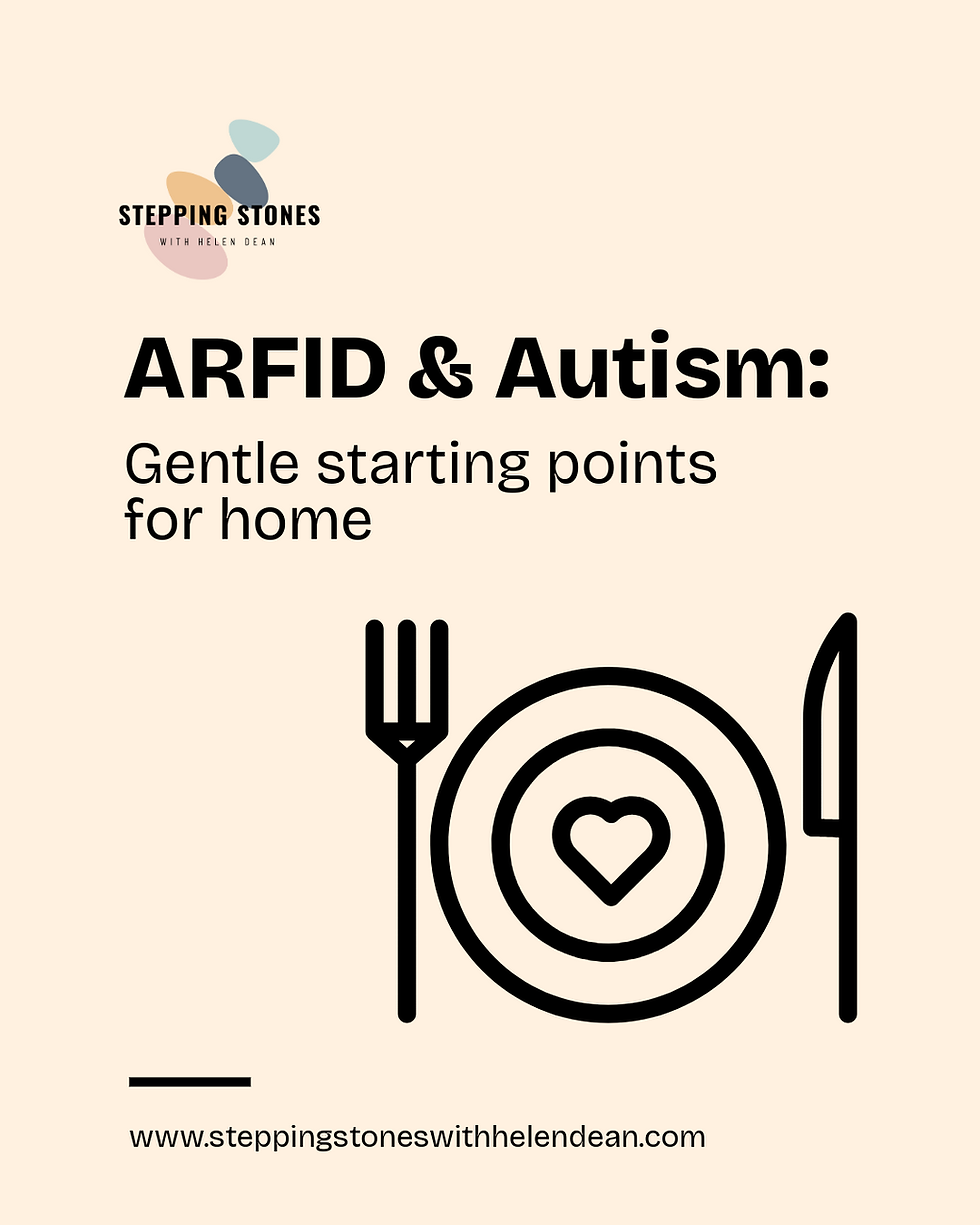How important is having a dietitian as a part of recovery?
- hdean1974
- Jul 24, 2024
- 1 min read
My response- ESSENTIAL!
Many people, including some healthcare professionals, don't fully grasp the complexity of eating disorders and the crucial role of nutrition in recovery is often underestimated.
Dietitians can provide:
• Nutritional expertise: Provide specialised knowledge to address malnutrition and nutritional deficiencies common in eating disorders.
• Meal planning: Develop personalised meal plans to support weight restoration or maintenance, considering individual needs and preferences.
• Nutritional education: Offer evidence-based information to dispel food myths and promote a balanced relationship with food.
• Behavioural support: Assist in challenging disordered eating behaviours and developing healthier eating patterns.
• Medical monitoring: Collaborate with the medical team to monitor and manage physical complications related to malnutrition.
• Psychological support: Work alongside mental health professionals to address food-related anxieties and cognitive distortions.
• Family education: Provide guidance to families on supporting their loved ones' nutritional needs during recovery.
• Long-term management: Support individuals in maintaining recovery and developing sustainable eating habits.
• Body image work: Assist in improving body image and self-esteem through nutrition education and counselling.
• Interdisciplinary collaboration: Contribute valuable insights to the multidisciplinary team for comprehensive care.
If you don't already have one, don't wait any longer to engage with an eating disorder specialist dietitian as they play a vital role in eating disorder treatment and recovery.







Comments